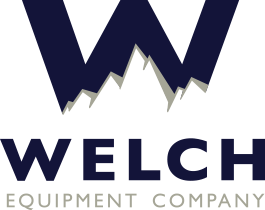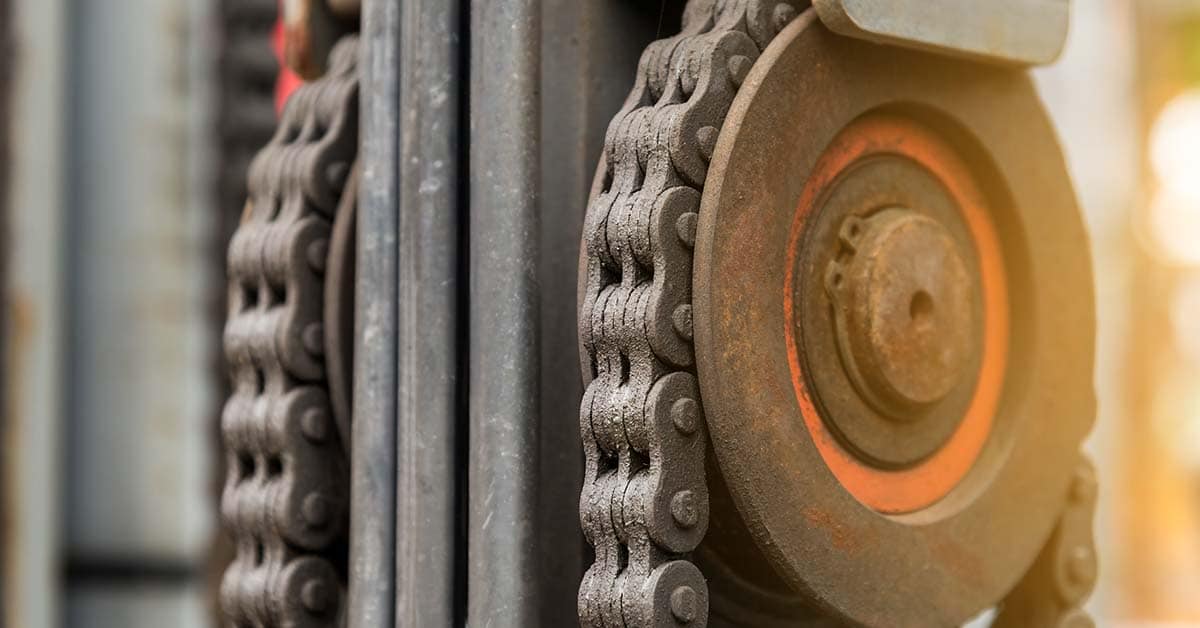Forklift driver safety and operational fitness starts with properly maintained lift trucks. Similar to your own car or truck, there are components on your forklifts that require periodic service to maintain performance and avoid mechanical failures.
Some lift truck components receive continuous wear, or are more prone to damage over time. For example, hoses and rubber parts should be periodically replaced on a set schedule before they start leaking or fail altogether.
Exchanging forklift parts before they weaken or give out can save you from much costlier repairs in the future. As the adage goes, an ounce of prevention is worth a pound of cure.
The parts you should proactively replace during scheduled maintenance are:
- Power Steering Hoses & Rubber Parts: Every 2 years, or 4,000 hours
- Reservoir Tank Hose: Every 2 years, or 4,000 hours
- Wheel Cylinder Rubber Parts: Every 1,000 hours or annually
- Master Cylinder Rubber Parts: Every 1,000 hours or annually
- Hydraulic Hose: Every 2 years, or 4,000 hours
- Lift Chain: Every 3 years, or 6,000 hours
- Swing Lock Cylinder: Every 10,000 hours
There are other parts that may also need regular replacement, including:
- Forklift batteries: lead acid batteries generally have a lifespan of at least 5 years, and with appropriate management they can last much longer. However, all batteries will eventually need to be replaced.
- Forklift tires: as soon as tires erode beyond the 50% line, have tearing or general disintegration problems, or acquire flat points, they should be swapped out immediately.
- Bearings: any failing bearings should be attended to right away to maintain smooth operation of the lift truck.
Lift Truck Maintenance
Regular forklift maintenance plans should address the following:
- Routine Lubrication: all moving parts or joints should be lubricated on a regular basis.
- Fluid Checks: Battery water and fluids for hydraulic systems should be checked on a routine basis.
- Battery Charging: A systematic charging schedule is imperative for your lift truck’s battery longevity and performance.
- Gauge Inspection: as a basic safety measure, all gauges and instruments should be examined on a regular basis. Not only is this a good idea, it’s also an OSHA requirement within the compliance section 1910.178(q)
Forklift Safety
OSHA has a number of rules addressing forklift upkeep, and any truck that is considered to be noncompliant must be removed from service until any deficiencies are addressed. How do you know when a vehicle is not safe to operate? Here are some of the problems that might be cause to keep a truck sidelined:
- Tires with gouges or missing chunks
- Broken welds on the mast or frame
- Damaged or missing bolts on any part of the forklift
- Broken gauges
- Overhead guard damage
Forklift Parts Near Me
For any brand of forklift parts, you can talk to an expert at Welch Equipment Company in Denver by calling (303) 393-8181. We maintain one of the largest lift truck parts divisions in the Rocky Mountain Region and have access to hundreds of thousands of part numbers from almost every manufacturer.
Welch Equipment Company
5025 Nome St
Denver, CO 80239
(303) 393-8181
Serving Arvada, Aurora, Boulder, Brighton, Broomfield, Castle Rock, Centennial, Columbine , Commerce City, Denver, Englewood, Federal Heights, Golden, Greenwood Village, Highlands Ranch, Lafayette, Lakewood, Littleton, Longmont, Louisville, Northglenn, Parker, Superior, Thornton, Westminster, Wheat Ridge



